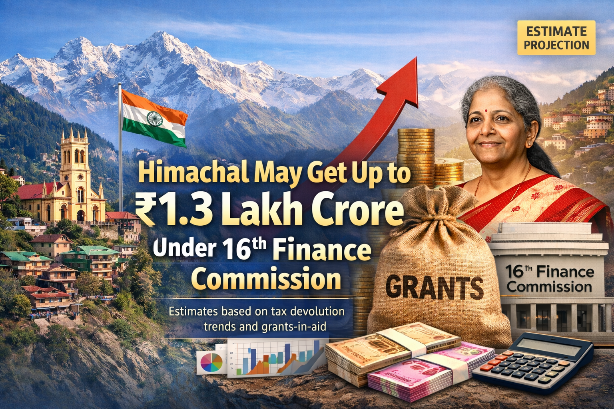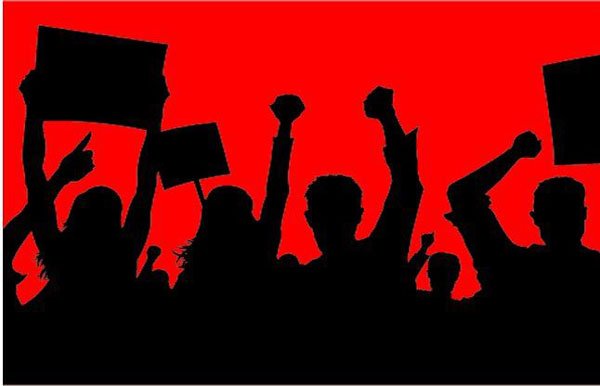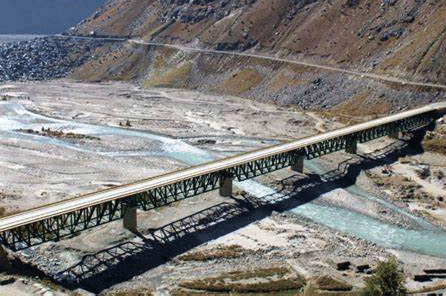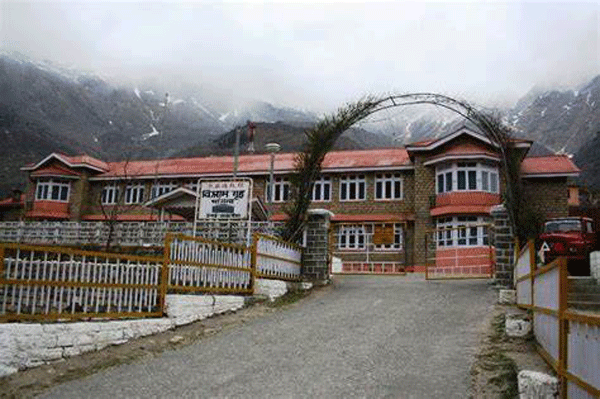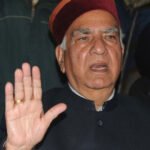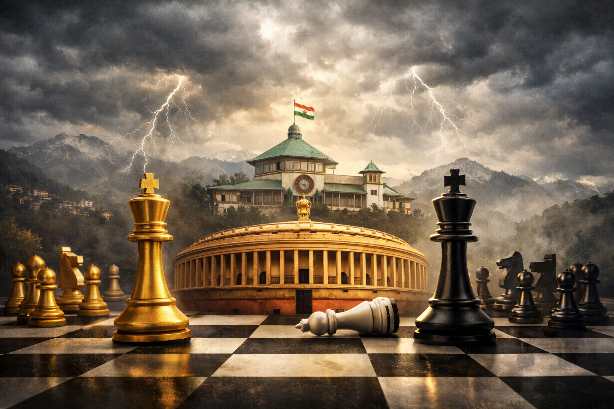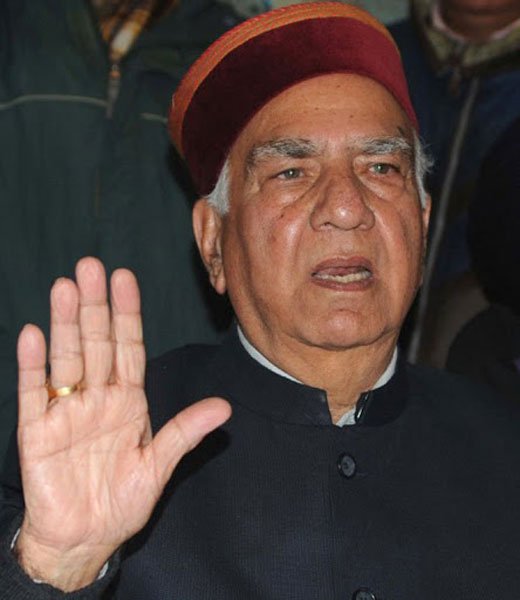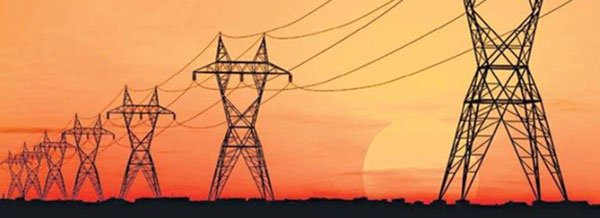
Photo used for indicative purpose only. Source: Internet
electricity Act 2003. They alleged that the government is trying to push the legislations on the line of farmers law which is being opposed by the stakeholders vehemently.
In a press statement issued today by Hira lal verma, general Secretary of Himachal Pradesh State Electricity Board Employees Union urged the Jai Ram Govt to give it’s dissent note against Electricity (Amendment) Bill-2021 moved with an intent to privatise distribution companies.
The union alleged that Union Power Minister RK Singh has scheduled a virtual meeting with all states on 17th February to discuss the proposed amendments to Electricity Act, 2003. The amendments, among other things, seek to open up power distribution for multiple players to “provide a choice to consumers as already announced in Union Budget.
Union Govt sent draft amendment to the state on Feb 5 seeking states comments and objections to be sent to Union Ministry by Feb, 20, 2021. Employees union alleged that Union Ministry has circulated the Electricity (Amendment) Bill-2021 for comments
however the text of the same was not available or posted on the website of ministry
concealing it from public domain.
They raised doubt that the amendment would meet same fate as similar amendment brought by the Government earlier on April, 17 2020 (Electricity (Amendment) Bill-2020 seemed to be renamed as Electy. (Amendment) Bill-2021.
Union alleged that Government intends to reintroduce the concept of separation of carriage and content through new bill. This concept of separation of carriage and content has been vehemently opposed by as many as 20 states in the last bill.
Union urged the Chief Minister as well as Power Minister of the State to file objections on behalf of our state against these amendments as these are neither in the interest of State nor its electricity consumers.
Why not in interest of consumers and State
Verma said that electricity cannot be compared to mobile phones as desired in said act. In electricity if you are a commercial venture or profitable unit, many supply licensees would compete to provide electricity. However not many of them would compete to sell electricity to a household, small establishment or in rural/ tribal areas.
Provisions in the bill would lead to cherry pick in distribution and private players would just take care of revenue centric areas whereas the provisions of services be easy vis a vis to hard and high tariff rural areas would affect adversely. The cherry picking chain would start and supply Companies would be only interested only in large consumers i.e industrial areas of the state and remaining will have to be catered by Government owned companies (Like HPSEB Ltd) on higher supply cost rates.
These private ventures would seek the areas of their convenience and profit, thus mostly ignoring areas which are remote and nonprofit making, involving more labor. Thus the remote area load would totally rest on the state government owned ventures only adding to woes of red balance sheets.
The Bill would also enable, in any area, multiple licensees. The supply licensees could buy electricity from the distribution company or buy directly from the generating company and sell finally to consumers at the best terms and rates. Apart from that, “futures trading” would be allowed in the power sector for the first time, leading to the possibility of the cost per unit of electricity to go up from the existing rate, added Verma.
“Whereas the proposed bill requires careful evaluation, as many aspects of it could affect the future of a hill state like Himachal,” warned Hira Lal Verma, Secretary of the union. He said the HP Government perhaps is under evaluating the amended bill so much that in the process they are also set to erode the autonomy of the state government.
As per Amended Section-85, of previously proposed bill (2018 draft) the States will be rendered “powerless” as amendment aims to change the selection committee of Regulatory Commission to a six-member committee, comprising four Central government’s nominees which will enable the Centre to issue tariff policies to States and to intervene in other matters. Currently, two members of the three-member selection committee for State Electricity Regulatory Commissions are appointed by the State and one by the Centre.
Moreover, another amended section Section-61(g) in the previous draft of the bill, proposed to cap cross subsidy to 20 per cent immediately and to do away with it completely in three years. “In the amendment cross subsidization would be stopped, thus leading to a steep hike in power bills, especially for the Rural/Tribal sector of the state. Himachal Pradesh has difficult geographical conditions,” stated Verma. Adding, “The supply cost to hard areas is around Rs 8 per unit and to industrial belt it is Rs 3.50 per unit. Presently the supply cost to rural is met by cross subsidization with industrial consumers.
It is worth while to mentioned farmers Unions inclined to left and protesting farmers in the country have already started opposing the said amendment in power laws. There is big gap in the services of power in the rural and urban areas of state and despite power surplus states people are still facing number of problems of power voltage and frequent power disruption in many places in the state.
The state electricity boards are not able to render services smoothly as are facing acute shortage of functional man power. Besides untrained manpower is being hired on outsource basis which not only compromises the merits but also allows outdoor entry in the sector.







